Conservatorships/Guardianships/Other Protective Arrangements
Conservatorships and guardianships are court supervised administrations established for the benefit of persons who need a representative to manage, safeguard and oversee their personal affairs in the case of a guardianship (shelter decisions, medical care decision-making, personal care) or oversee their property management, care of finances) in the case of conservatorship. The persons for whom proceedings are initiated may be incapacitated adults or they may be children whose circumstances are such as to require such supervision simply by virtue of their minority (age) and/or need for substitute parental authority.
A conservatorship or guardianship proceeding is begun by submitting a formal petition with the probate court (in Denver County) or the district court (in other counties). A hearing is required before a judge following strict compliance by the petitioner with statutory notification requirements. The judge will determine whether the fiduciary (conservator/guardian) will be granted full or limited authority based on the specific needs of the incapacitated/protected person.
The duties of each office are set by statute and by order of court. Compliance with these mandates must be carefully met.
It should be remembered that not everyone who is incapacitated needs a guardian or conservator. If that person has executed adequate powers of attorney (both health care and property/financial), there may then be in place an agent (sometimes called an“attorney-in-fact”) who can assume -- in lieu of a court-appointed representative (conservator or guardian) -- the duties and responsibilities with respect to which authority has been given under those documents. [See discussion of these in the “Estate Planning, Wills, Trusts and Powers of Attorney” link on this Website].
The Colorado Probate Code or rules of the court related to probate issues provide other processes to obtain court authority to enter into contracts or other arrangements for incapacitated persons or those –like a minor—who are under a legal disability. These include proceedings to obtain:
Approval of the settlement of a minor’s personal injury claim;
Approval of an individual contract for the benefit of an incapacitated or disabled person;
Approval of a suitable trust including one that will qualify (or retain qualification) of Medicaid benefits.
Please contact me if I can be of assistance to you with issues related to conservatorship, guardianship or other protective arrangements.
The above is not legal advice. That can only come from a qualified attorney who is familiar with all the facts and circumstances of a particular, specific case and the relevant law.

